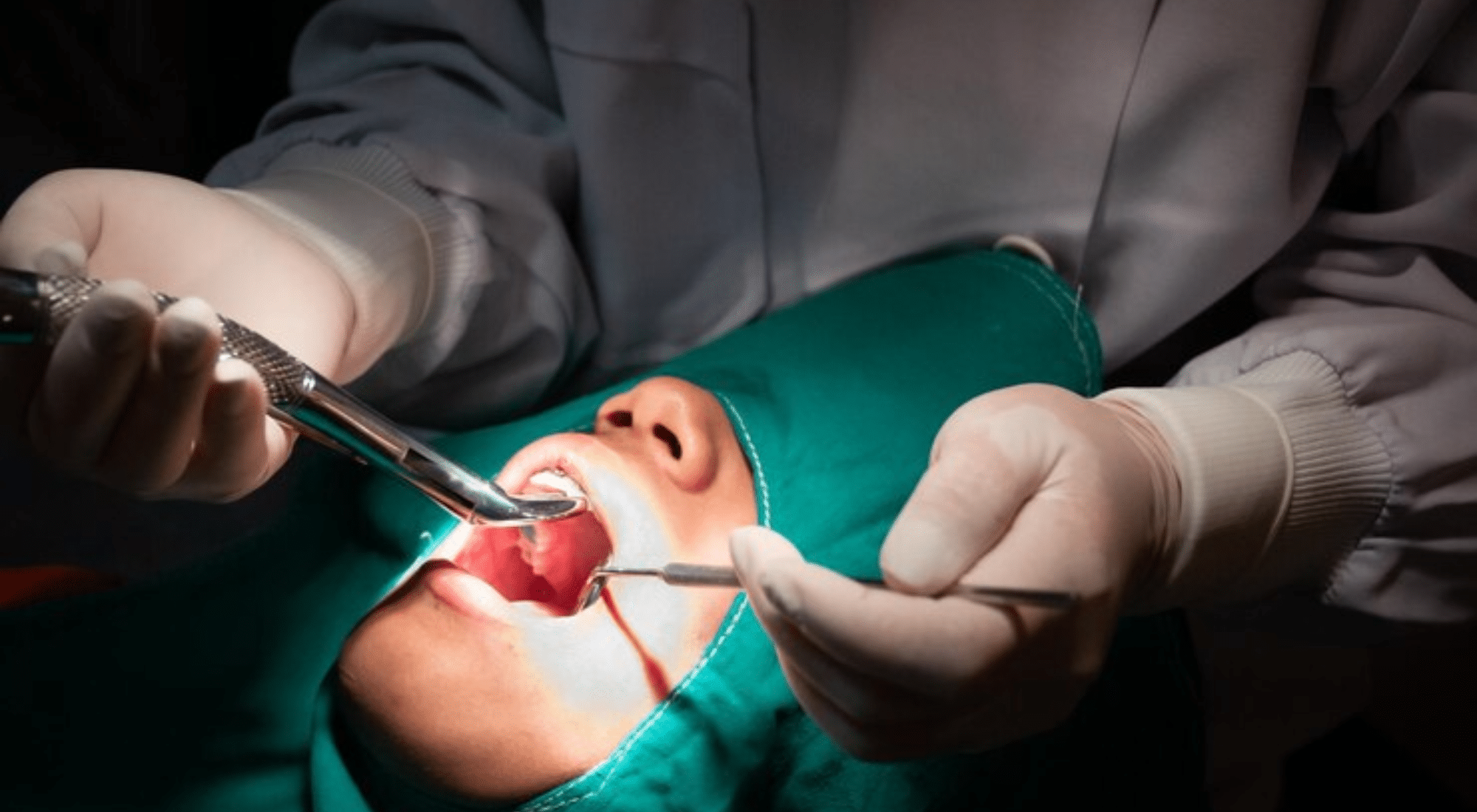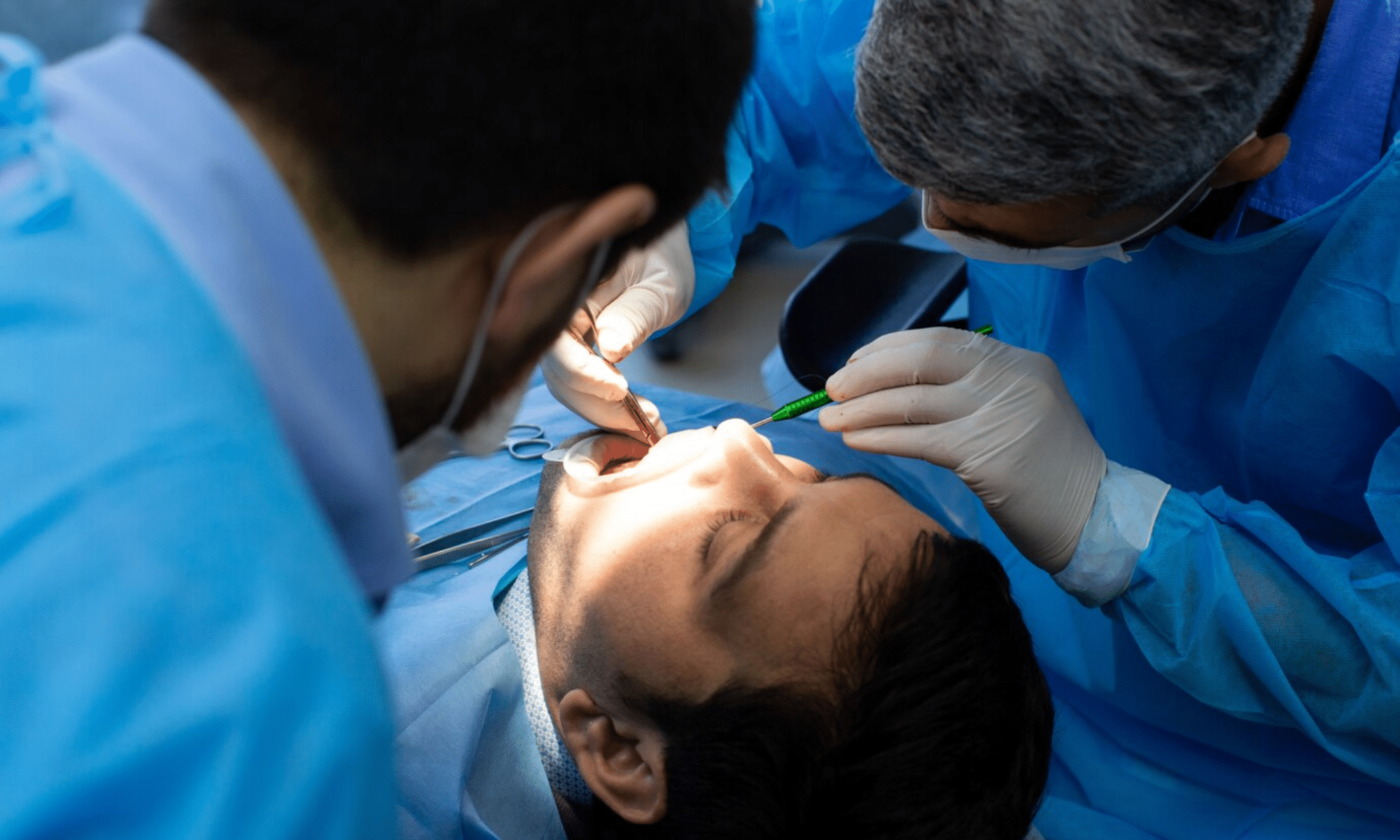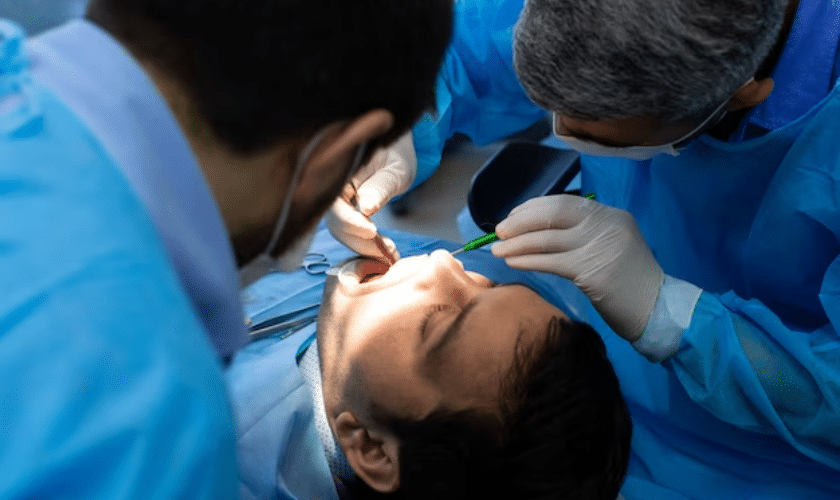
Hydration Guidelines Pre-Oral Surgery: Is Water Consumption Advisable?
The prospect of oral surgery can be anxiety-inducing, and questions about pre-surgery rituals often linger. The question “Can I drink water before oral surgery?” frequently surfaces among these concerns. In this comprehensive exploration, we will navigate the intricate waters of pre-surgery hydration, unveiling the facts, debunking myths, and providing you with the knowledge you need for a well-hydrated and comfortable oral surgery experience.
The Importance of Hydration
Adequate hydration plays a crucial role in maintaining overall health and well-being. It helps regulate body temperature, aids nutrient transport, and supports various bodily functions. In the context of oral surgery, hydration becomes even more critical. Proper hydration promotes optimal blood circulation, essential for transporting nutrients and oxygen to the surgical site. This, in turn, facilitates the body’s natural healing processes, contributing to a faster recovery.
Clear Liquids Only
When discussing drinking water before oral surgery, it’s crucial to emphasize the type of liquids that are safe to consume. Clear liquids, such as water, are the optimal choice. The transparency of these liquids ensures that no particles or substances will interfere with the surgical process. Water, being neutral and free from additives, minimizes the risk of complications during the procedure. Avoid colored beverages or those with added sugars, as they may leave residues in your mouth. These residues can impact the surgical field or increase the risk of postoperative complications. Stick to the simplicity of clear water to ensure a clean and uncomplicated environment for your oral surgeon.
Time Matters
The timing of water consumption is a critical factor to consider. In the hours leading up to your oral surgery, it’s generally recommended to stop drinking clear liquids at least two hours before the scheduled procedure. This time window allows your body to process the water, reducing the likelihood of any issues during the surgery. By following the recommended timeframe for water intake, you contribute to a safer surgical environment and minimize potential complications.
Follow Your Surgeon’s Guidelines
Every oral surgery is unique, and individual factors, such as the nature of the procedure, your overall health, and any pre-existing conditions, can influence hydration recommendations. Your oral surgeon will provide specific instructions tailored to your case. It’s essential to follow your surgeon’s guidelines diligently. If they advise against drinking water within a certain timeframe or have any specific instructions regarding hydration, adhering to their recommendations is paramount. Your surgeon’s expertise ensures that your pre-surgery hydration aligns with the specific requirements of your procedure, optimizing the conditions for a successful outcome.
Cold Compress for Swelling
Swelling is a natural response of the body to trauma, and in the case of oral surgery, it can be a result of tissue manipulation, blood flow changes, and the body’s healing process. One effective and non-invasive method to manage postoperative swelling is the application of a cold compress. Cold causes blood vessels to constrict, which helps to decrease blood flow to the swollen area. This reduction in blood flow can contribute to minimizing swelling and preventing excessive accumulation of fluids.
Staying hydrated before oral surgery is safe and beneficial for your overall well-being and the procedure’s success. By following the guidelines provided by your oral surgeon and paying attention to the type and timing of your water intake, you can contribute to a smoother surgery experience and a faster recovery. Remember, communication with your oral surgeon is key. If you have concerns or questions about hydration before or after the surgery, don’t hesitate to discuss them with your healthcare provider. Taking a proactive approach to your hydration practices can set the stage for a successful oral surgery and a quicker return to optimal oral health.




